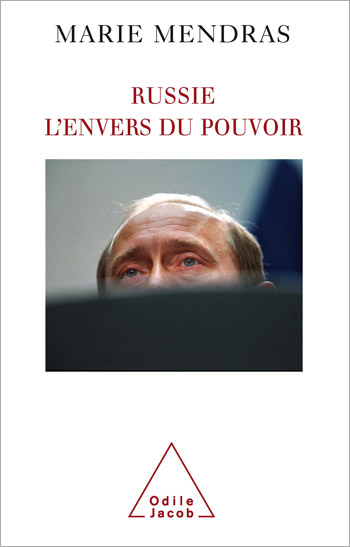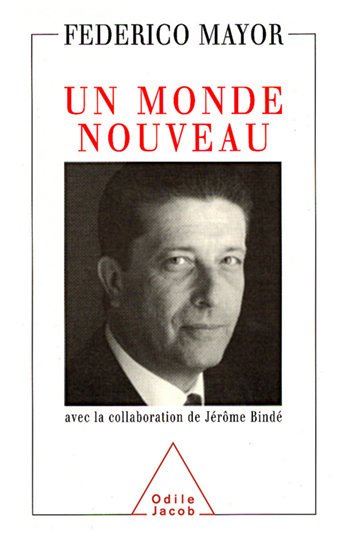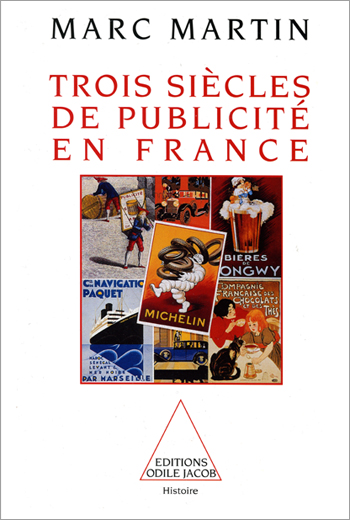History and Geopolitics All books
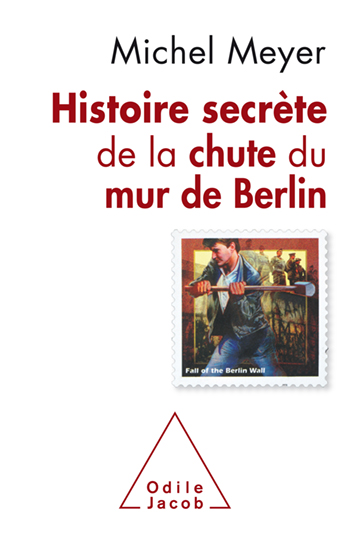
Michel Meyer
The Secret History of the Fall of the Berlin Wall New Edition 2019
In Berlin, on the night of 9th to 10th November 1989, the world was radically changed when the ‘Wall of Shame’ came down without a struggle. A year later, German reunification was joyfully celebrated, the Cold War came to an end and the Soviet Union collapsed.
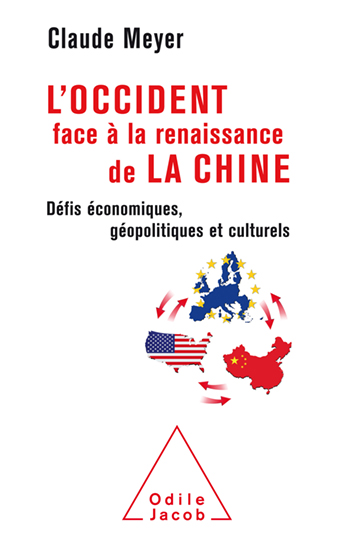
Claude Meyer
West and the rebirth of China
It is the first time in history that a country/continent, with such a large population, is in a position to impose its supremacy on the rest of the planet. The stakes are enormous!
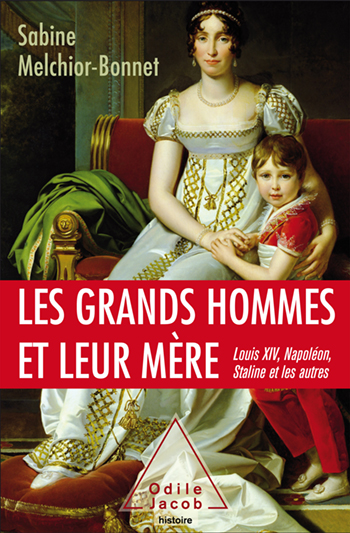
Sabine Melchior-Bonnet
Great Men and Their Mothers Napoleon, Louis XIV, Francis I, Kennedy and others
Another way to write the biography of a number of great men. An unusual historical perspective, intertwining serious research and a talent for writing. A history of representations of the maternal figure and a study of the evolution of the filial bond. A historical standpoint that offers readers a fresh look at the lives of men they thought they knew well, from Louis XIV to Stalin, via Napoleon and Kennedy
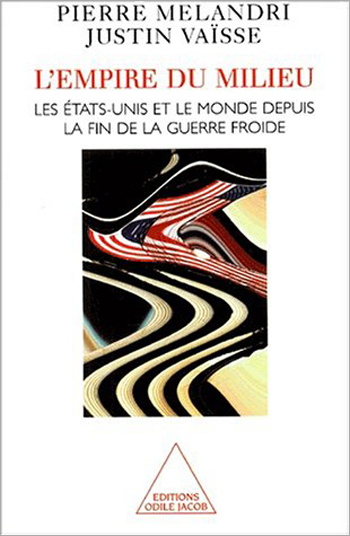
Pierre Mélandri, Justin Vaïsse
The Middle Kingdom The United States and the World Since the End of the Cold War
"No one would deny the central role played by the U.S. More than any other nation, it has shaped the world we live in and will continue to do so for several years to come. For this reason, it is essential to judge its actions abroad in a manner that is as free of clichés as it can. Our goal was to present the reader with as complete a picture as possible of U.S. presence in the world, without neglecting any episode or omitting any angle that could be insightful." Pierre Mélandri and Justin Vaïsse Justin Vaïse is a historian. Pierre Mélandri teaches at the University of Paris III-Sorbonne Nouvelle.
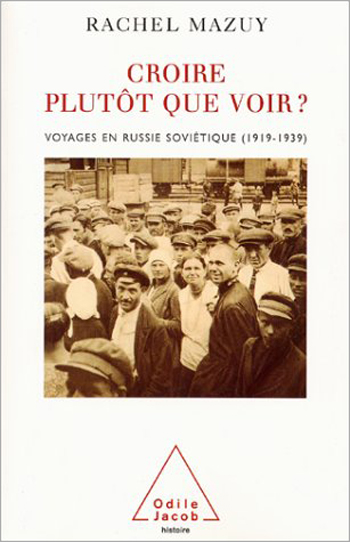
Rachel Mazuy
Believing Rather Than Seeing ? Travels in Soviet Russia (1919-1939)
The Russian Revolution provided the working-class movement with a concrete model of socialism. For French militants, as well as for many members of the cultural and political elite, the Soviet Union became the goal of a secular pilgrimage (or an anti-pilgrimage). This book tells the story of those travellers. Who went on such trips? How and why? To what extent did the trip influence their political and social development? Rachel Mazuy is a lecturer at the Institut dEtudes Politiques, in Paris, and teaches at the Lycée Honoré Balzac, Paris.

